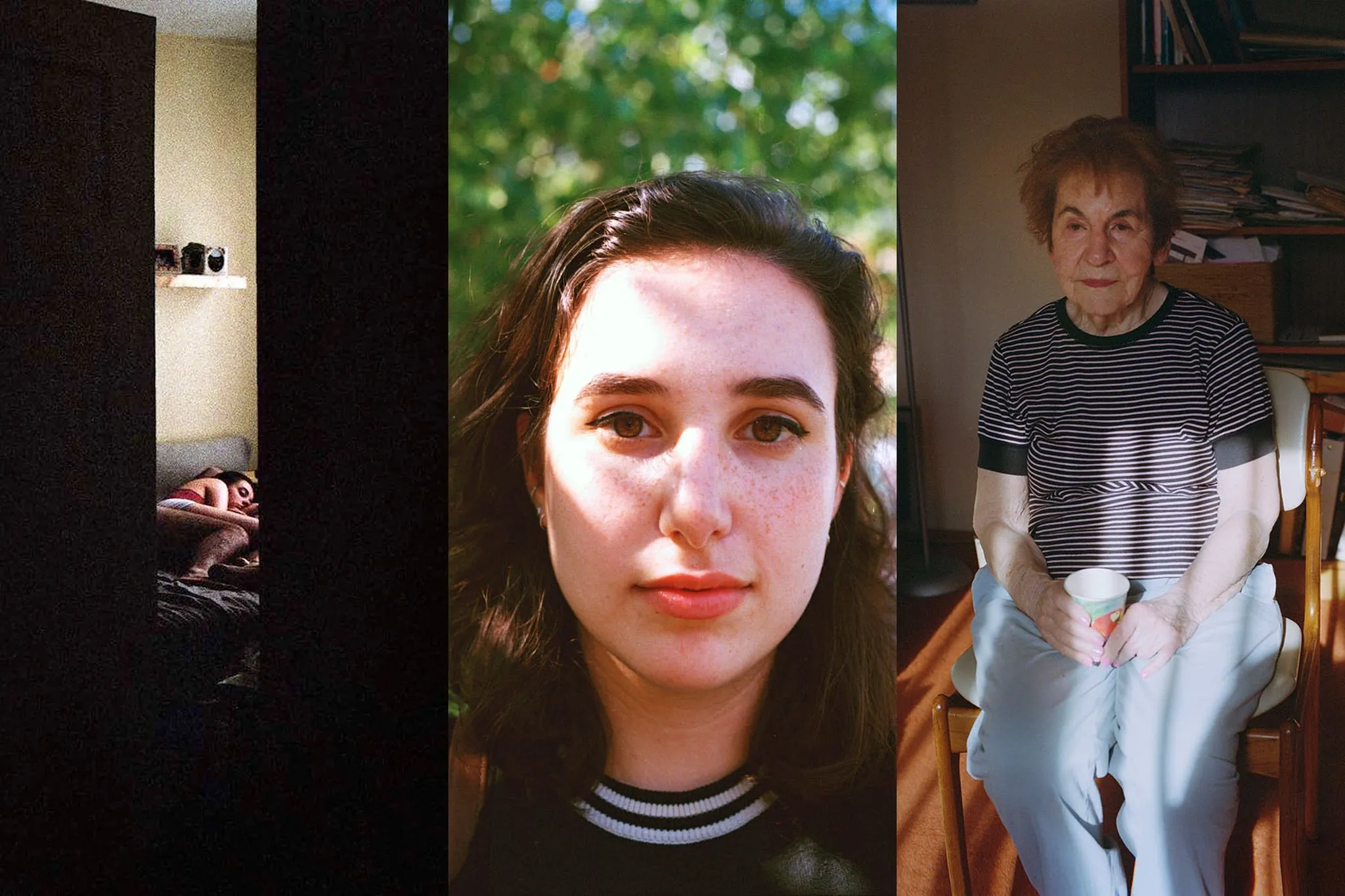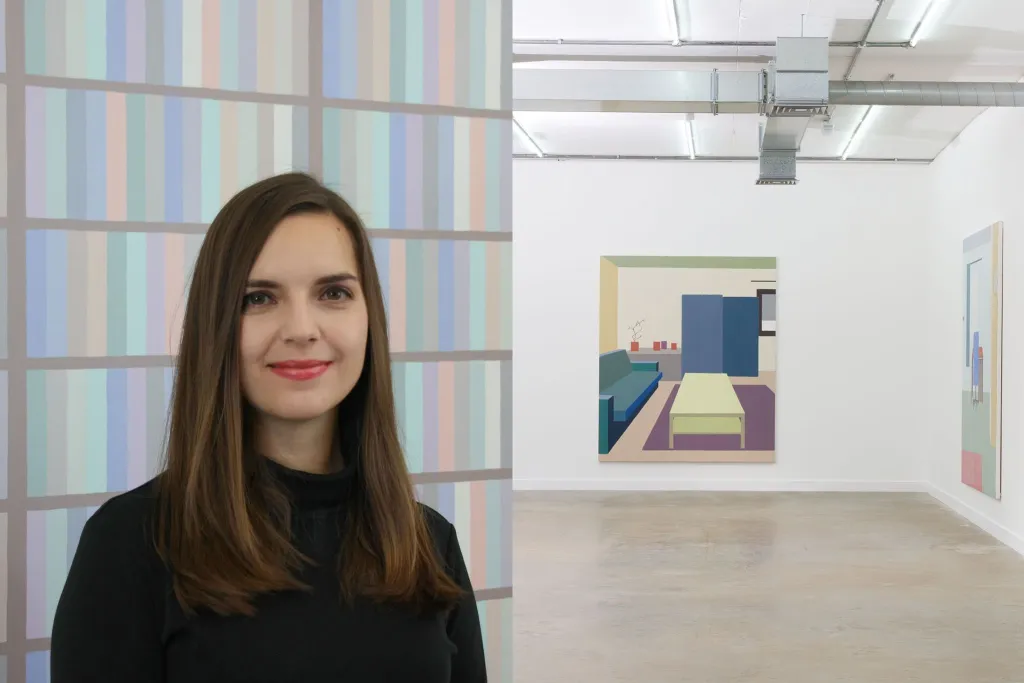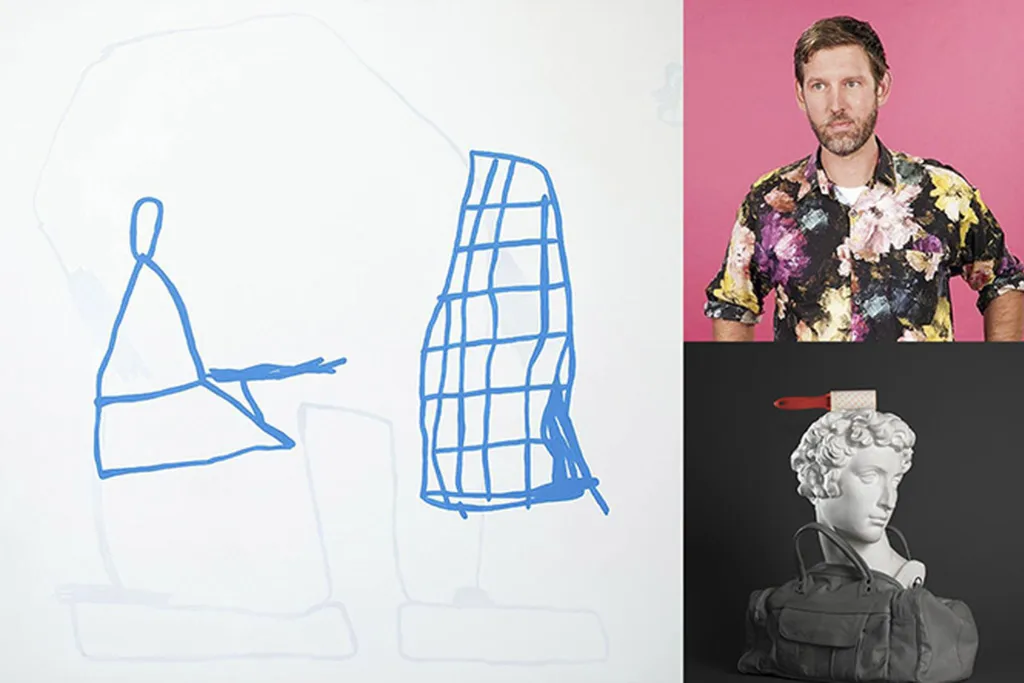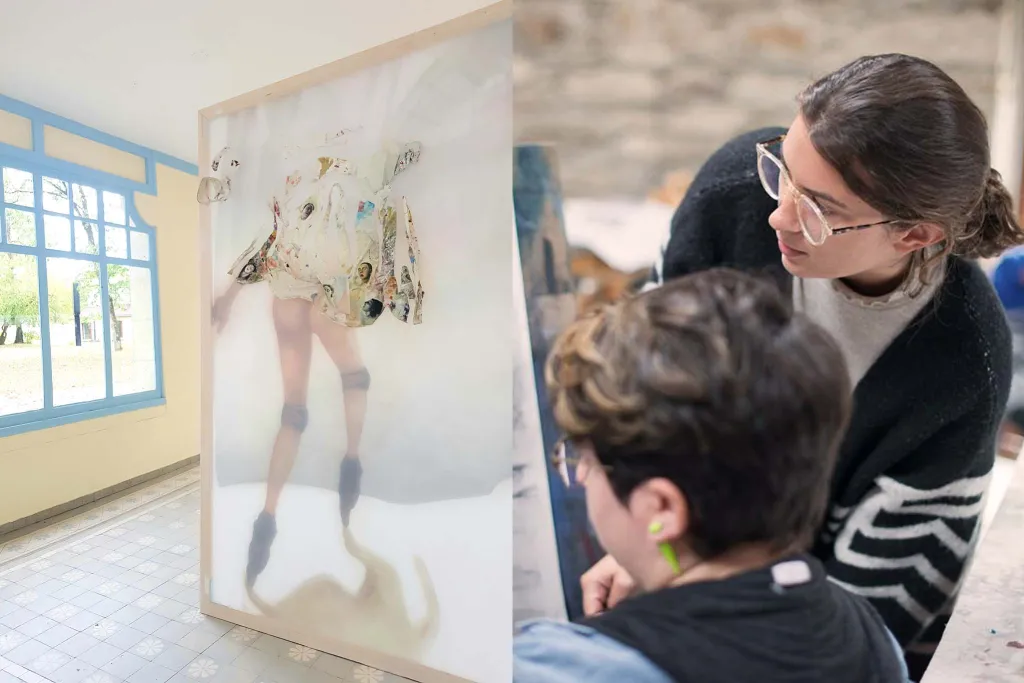Marissa Alper

Marissa was a student during our Summer Art Program; Art on the Farm in 2013 and is currently located in Richmond, Virginia where she is pursuing a BFA in Photography and Painting at Virginia Commonwealth University.
Marissa’s work explores her experience bridging the gap between adolescence and adulthood. While exploring this, she touches on different aspects of her personal life and her relationships with those around her.
Recently, Marissa’s work was featured in Lomo Womenamong many other online and print publications. We’re incredibly happy to see Marissa getting some recognition for her fantastic work and were delighted when she agreed to take a bit of time to answer a few of our questions.
CHS: Your recent work centres around personal narrative and experiences as you eloquently state exploring the “strength of the female bond, the dynamics of familial relationships, and the ageing process.” Do you struggle relating this personal experience to the viewer? How do you feel your particular experience relates to something more universal?
MA: I make work about the strength of the female bond, the dynamics of familial relationships, and the ageing process. I’ve experienced what it’s like to have a loved one die, longings to feel validated through others, the disservices that come with being a woman or being Jewish; but I’ve also experienced a lot of happiness and enjoyment in the small pleasures of life. Even though I am speaking on a personal level, I am opening myself up to be vulnerable to the viewer to give them a chance to be vulnerable in return. Being an artist gives me a unique opportunity to constantly psychoanalyze myself and think about topics that not everyone gets the chance to explore in their everyday life. I would like my work to act as a gateway so that others have the opportunity to do the same.
With that being said, I’m in a constant place of questioning when it comes to my work relating to people outside of myself, friends, and family. It is my hope that at least a few people can take something away from the documentation of my personal experiences because it reminds them of their own. I think there are aspects of the human condition that are universal.
CHS: Has there been a single class or professor at VCU that has had a profound impact on you as an artist or individual? What photographers have you been looking at most recently?
MA: Honestly, not particularly. I’ve enjoyed my professors and some of the classes, but so far there hasn’t been a singular experience that had a profound impact on me. I was in a conceptual art making class with Dana Ollestad last semester which was pretty awesome. It was the first class at VCU that I felt like I was genuinely contributing to. I’ve also had a professor, Shannon Castleman, for a few years in a row who I really admire. First of all, she is the only woman in the department so I automatically feel an affinity towards her, but also she is one of the only professors in the department who has had working experience as an artist and hasn’t gone straight from undergrad to grad and then to teaching. She brings a different perspective and important fervour to photography. The culmination of professors I’ve had and just the way I’ve begun to navigate myself through an academic environment while trying to create my personal work has informed me more than one singular experience.
Some constant photographers I’m always looking at are Nan Goldin, Ryan Mcginley, Elinor Carucci, Tierney Gearon, and Michael Northrup. I am really inspired by student work though. I’ve met some amazing artists this year through school and travelling such as Clara DeWeese, Jessica Taylor,
Mariangela Serrano, and so many more.
CHS: You frequently use film for your personal work. What attracts you to analogue as opposed to digital photography? Do you prefer the process or is it the aesthetic of film that appeals to you? What more do you believe film brings to your photographs and do your peers share your interest in film?
MA: I like feeling involved in the process of artmaking. I love developing and enlarging my own film in a black&white darkroom. I’m very much a multimedia artist at the core, not just a photographer, so I need what I’m doing to be hands on. Even colour film feels more involved than digital because of how time-consuming scanning the film and then editing out the dust is. I also aesthetically prefer grain to pixels but that’s definitely not the only reason I shoot with it. I think a lot of my peers enjoy film and use it when they can, but it’s difficult to use when the turn around times for school projects is so short. Digital is so much more immediate and also more affordable.
CHS: What is your most vivid memory from your summer here in Ireland? How did your time at Cow House inform you as an artist?
MA: Cow House contributed significantly to my artistic growth. I attended at a time in my life where I was questioning myself and enjoyed art but didn’t feel like I was good enough to be an artist. Being surrounded by other like-minded individuals who were also going through similar doubts made me realize that I wasn’t alone. Cow House provided a unique environment that made me take myself and my art more seriously.
There were a few profound experiences from my time at Cow House that began to shape me as an artist. The most iconic memory I have was when we were on an excursion outside of Cow House (it might have been to Ballydavid but I don’t remember) where Anzia and I broke off from the group to explore an abandoned house. The house was fully furnished with outdated furniture, there were dozens of mummified bird carcasses dispersed throughout the rooms, and an open suitcase resting next to the back door. Inside lay a wedding gown, a newspaper with the bridal section cut out, and travel necessities. The homeowners appeared to have just picked up and left without any of their belongings. I think we had the whole bus full of our peers waiting for us, and we were (very rightfully) scolded by you and whoever else was leading the trip, but that experience made me realize that photography holds a lot of power. Nobody else went inside of that house, and at the time I was just taking photos, but later I realized that this was the first time I had photographed in a way where I was trying to communicate what I saw to people that would never experience what I experienced. We are visual storytellers and what we’re trying to say can do exactly what we want it to do to the viewer but it can also be misinterpreted so we’re constantly walking a fine line.
CHS: In addition to your own personal work, you have worked on a few commercial jobs. Is this something you hope to do more of upon graduation? What types of assignments do you most enjoy?
MA: Commercial jobs after graduation would be great. My absolute favourite jobs are working on editorial work because someone likes my style of photography and wants it to represent their brand. I do a lot of freelance music photography but that’s basically me being “paid” in form of a free ticket. It would be nice if I could do music photography for a publication. I’m definitely open to any form of work after graduation though.
Thanks for taking the time to reach out to me!!


